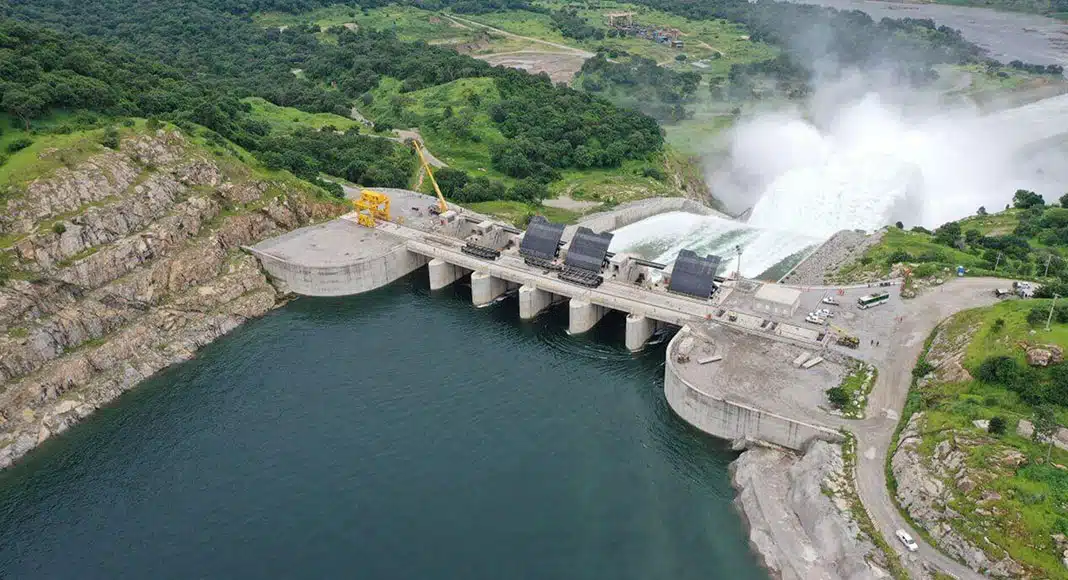
Speaking at the closing session of the 8th Cairo Water Week, he stressed the event tackled critical challenges in international water security. Madbouly highlighted Egypt’s reliance on a complex water system, with over 98% of its supply sourced from the transboundary Nile River.
He warned that continuous population growth and declining per capita water share push Egypt below the global water scarcity threshold. Despite the Nile Basin receiving more than 1,660 billion cubic meters of annual rainfall, only 84 billion cubic meters reach Egypt and Sudan.
Madbouly criticised Ethiopia for promoting unilateral narratives and misconceptions regarding Nile water ownership, undermining transparency, coordination, and international law. He said claims of water “contributions” contradict science, stressing the river belongs to all basin nations as an integrated ecological system.
“The Nile for Egypt is a matter of existence that does not tolerate adventure or compromise,” Madbouly affirmed, pledging to defend national rights. Earlier, President Abdel Fattah el-Sisi accused Ethiopia of harming downstream countries through the Grand Ethiopian Renaissance Dam, calling for binding international agreements.
The GERD, launched by Ethiopia in 2011 and inaugurated last month, has repeatedly strained relations between the Nile Basin nations. Egypt and Sudan seek a legally binding tripartite deal on filling and operation, while Ethiopia argues no such accord is necessary.
Negotiations resumed in 2023 but were suspended again in 2024, deepening uncertainty over the river’s management and future regional stability. Stretching 6,650 kilometres across 11 countries, the Nile flows from Burundi to Egypt, shaping the livelihoods of millions dependent on its waters.
